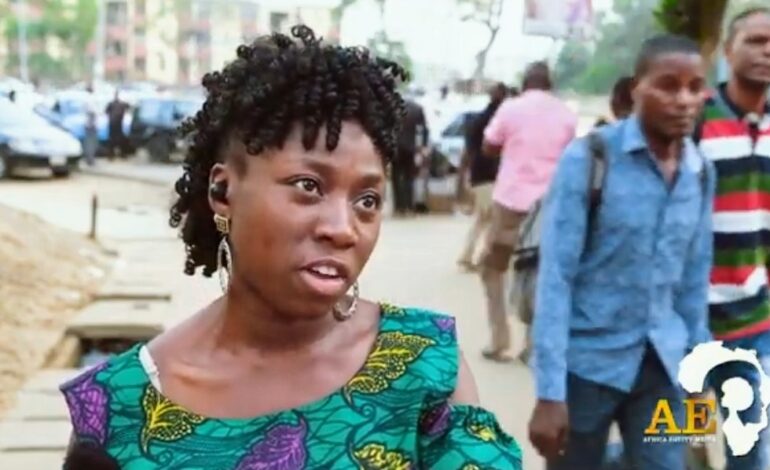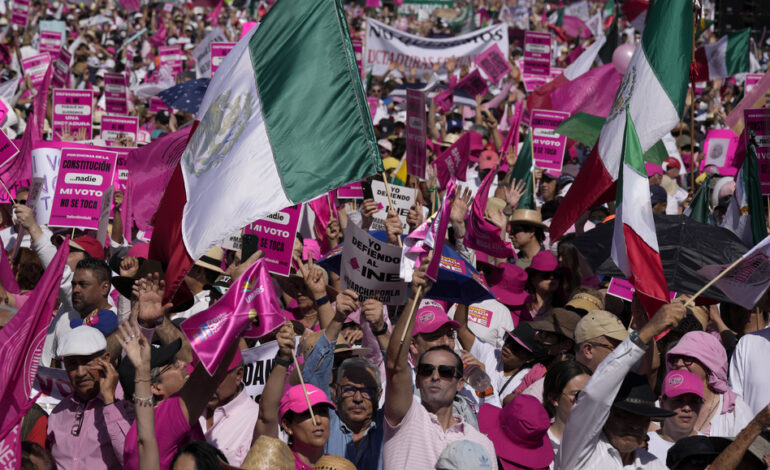
Avellon Williams
MEXICO CITY -There were tens of thousands of protesters in Mexico City’s main plaza Sunday to protest President Andrés Manuel López Obrador’s electoral law reforms, which they claim threaten democracy and could return the country to its old ways.
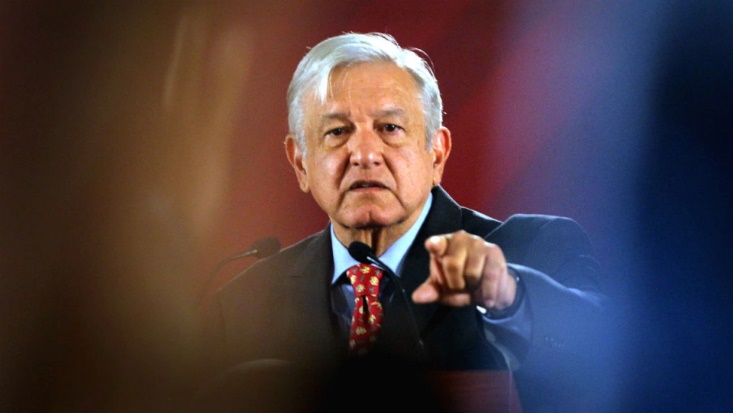
A large number of protesters spilled out onto nearby streets, since the plaza normally holds nearly 100,000 people.
As marchers wore mostly white and pink – the colors of the National Electoral Institute – they shouted slogans like “Don’t Touch my Vote!” The marchers appeared affluent compared with those at the average demonstration on Nov. 13.
The reforms proposed by Lopez Obrador were passed last week. The new laws would drastically cut salaries, funding for local election offices, and training for citizens operating and overseeing polling stations. Candidate sanctions for not reporting campaign expenditures would also be reduced.
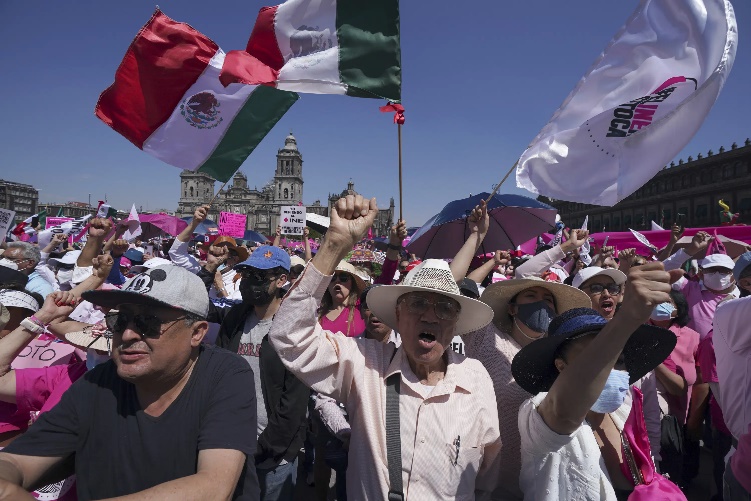
In Mexico, the president denies that the reforms are a threat to democracy and calls criticism elitist, citing the institute’s excessive spending. According to him, the funds should be used to help the poor.
Enrique Bastien, a 64-year-old veterinarian, said López Obrador’s reforms “want to return to the past” when “the government-controlled elections.”
“It was a life with no independence,” Bastien recalled, recalling the days when Mexico’s Institutional Revolutionary Party ruled with fraud and handouts in the 1970s and 1980s.
According to Fernando Gutierrez, 55, a small businessman, Lopez Obrador wants a socialist government in Mexico. “That’s obvious, from the aid going to Cuba,” Gutierrez said.
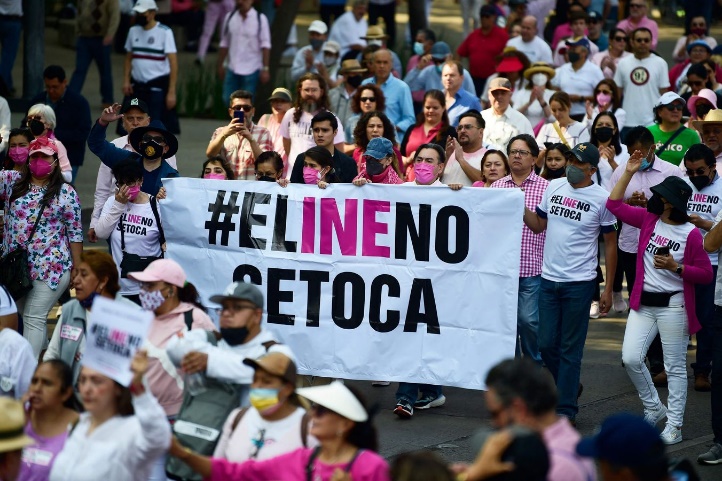
Despite importing Coronavirus vaccines, medical workers, and stone railway ballast from Cuba, Lopez Obrador has shown little interest in socialist policies at home.
Other demonstrators were concerned about vote miscounting, campaign overspending, and electoral pressure tactics common in Mexico before the independent electoral agency was established in the 1990s.
Even though he expects court challenges, Lopez Obrador said Thursday he’ll sign the changes into law. As courts have overturned other presidential initiatives, many people at Sunday’s protest hoped Mexico’s Supreme Court would overturn parts of the reform.
The National Electoral Institute’s head Lorenzo Cordova recently said the reforms “seek to cut thousands of people who work every day to guarantee trustworthy elections, something that will of course pose a risk for future elections.”
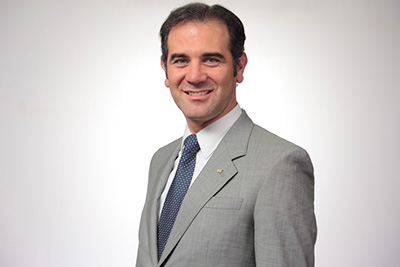
According to Lopez Obrador, he appeared nonchalant about court challenges, saying on Thursday that he believed the reforms would be upheld because none of it was “outside the law.”
However, he has previously attacked Mexico’s judiciary and claimed judges are involved in a conservative conspiracy against his administration.
It is feared that the president is attempting to reinstitute the practices of the old PRI, which bent the rules for 70 years until losing power in 2000. His strident pushback against the judiciary, as well as regulatory and oversight agencies, has raised fears among some.
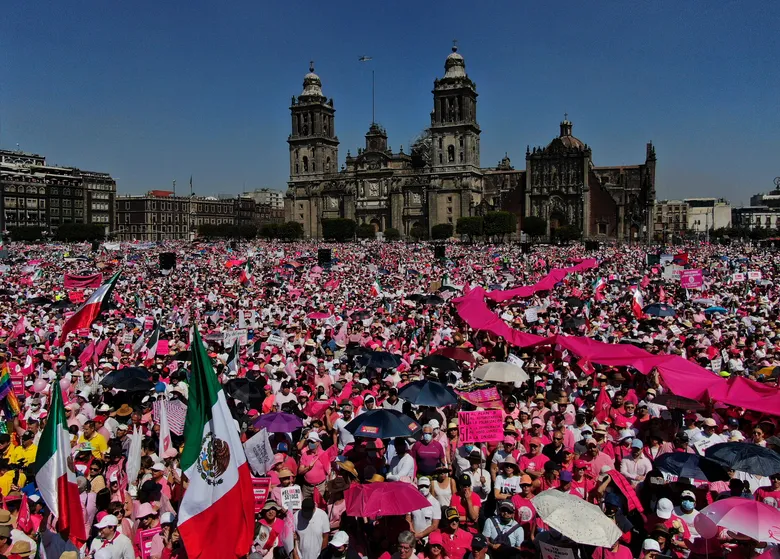
Mexico’s elections are expensive by international standards, in part because the government provides almost all legal campaign financing. As well as issuing secure voter ID cards, the electoral institute oversees balloting in remote and often dangerous corners of Mexico.
López Obrador remains very popular in Mexico, with an approval rating of around 60%. Despite the fact that he cannot run for re-election, his Morena party has a strong lead in next year’s elections, and the opposition is weakened.
The fact that some top electoral officials are paid more than the president is part of what makes him popular.



